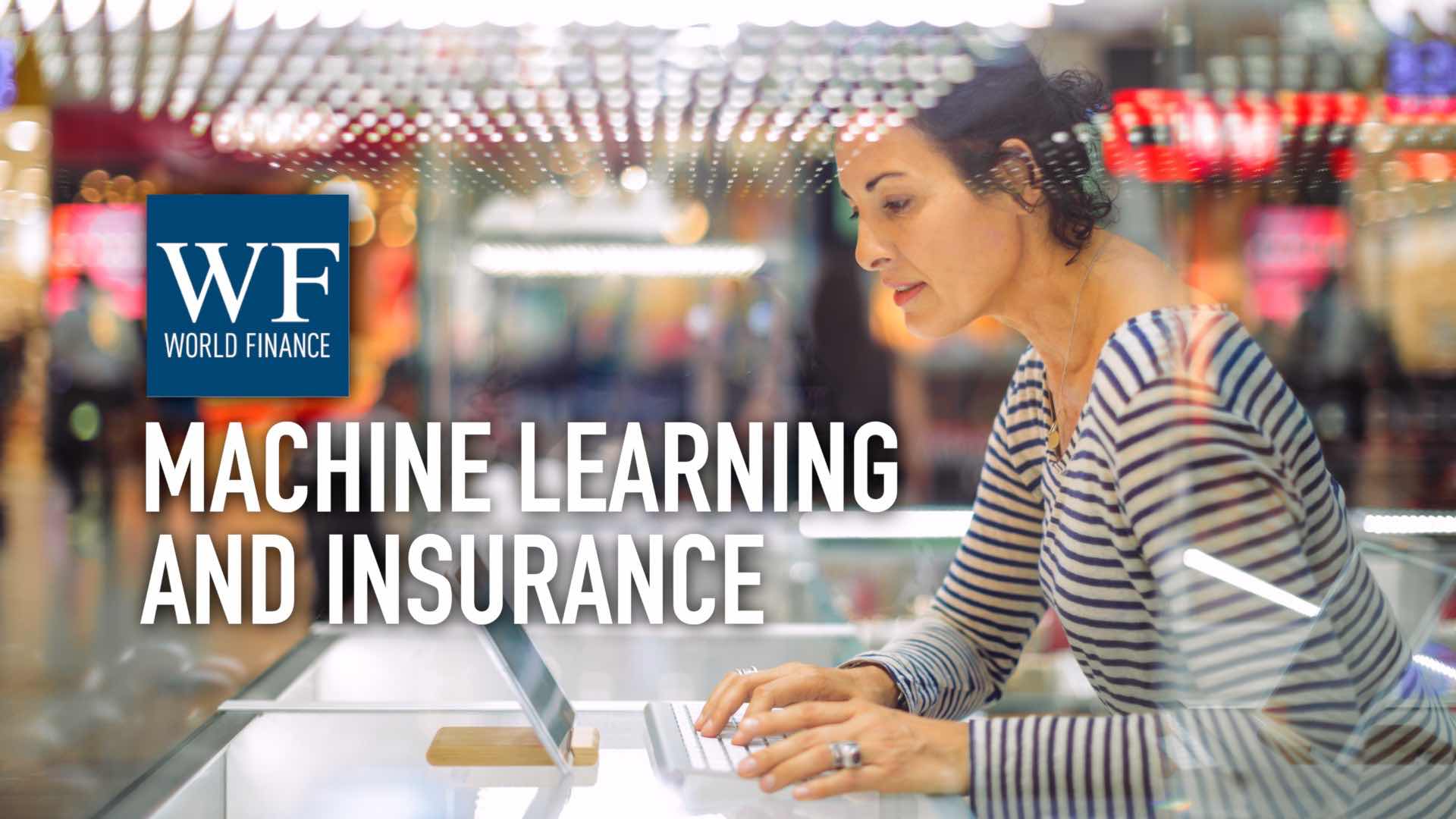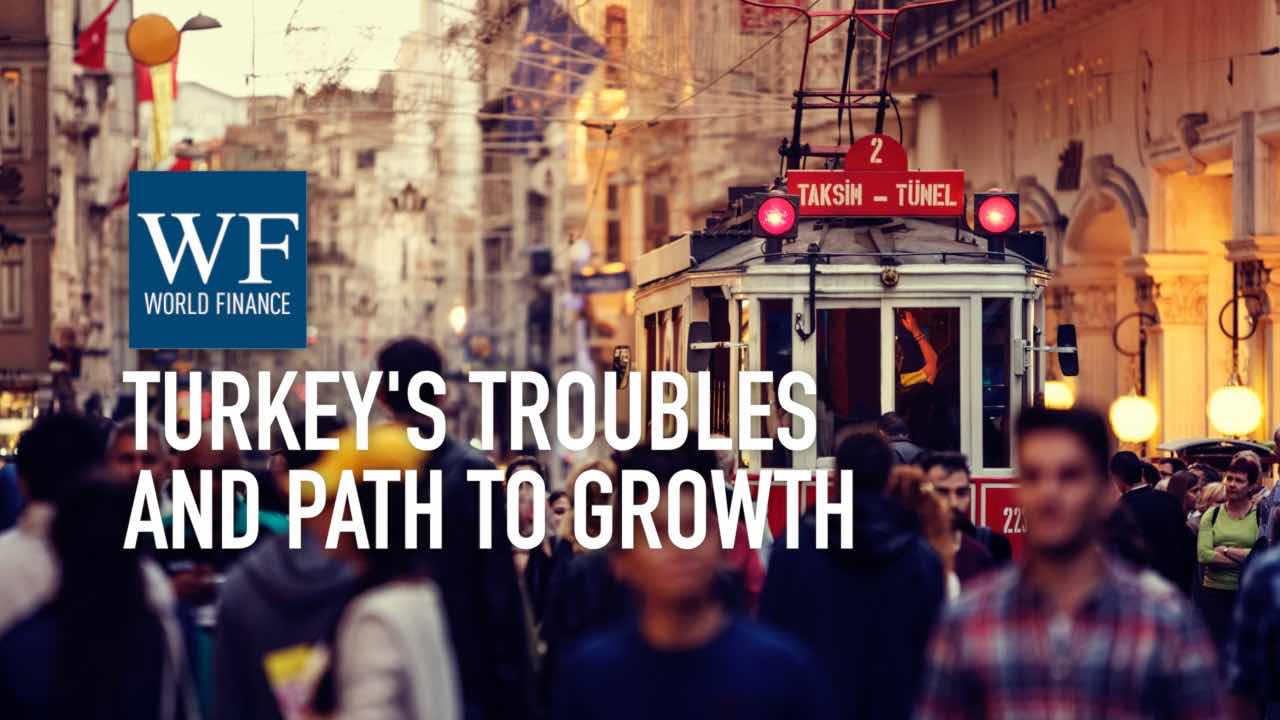QBE Insurance research reveals uninsured risks of Singapore’s SMEs
One in seven Singaporean SMEs are completely uninsured, reveals CEO Karl Hamann
Related:
Transcript
Recent research has revealed Singapore’s SMEs – the engine of its economy – are exposed to worrying levels of business risk. The findings, published by QBE Insurance Singapore, reveal that one in seven SMEs have no insurance at all, and a large part of the remainder are underinsured. The insurer’s CEO, Karl Hamann, explains why so many SMEs don’t consider insurance a priority, and describes how QBE works with its agents and customers to understand each business’s unique needs and offer tailored insurance to match. He also reveals a big risk to business that many companies don’t think of addressing: losing talent and the costs of replacing it.
World Finance: Recent research has revealed Singapore’s SMEs – the engine of its economy – are exposed to worrying levels of business risk. Joining me is Karl Hamann, CEO of QBE Insurance Singapore.
Your research found that some businesses don’t see insurance as being vital – or in fact, realise that insurance can be tailored to meet their individual needs – how can this be changed?
Karl Hamann: Our research did indicate that one in seven SMEs in Singapore are uninsured; and a larger part of the six in seven are underinsured. So that’s quite concerning.
The SMEs are really thinking about what their costs of raw materials are today, how much they’re making today, and therefore the profit that they’re making today. So if they were to sit there and think about how they can ensure that they pass this down to the next generation, then I think the decision process might be a little bit different.
World Finance: Why do you think businesses resist the idea of buying insurance?
Karl Hamann: There’s really a lack of understanding around insurance. So it’s all around trying to put out more knowledge around insurance.
One of the ways we try to do it is talk about real life experiences. And one that really humbled me earlier this year was an insured that we had recently written. So, they had a fire at their facility, and a $7m loss. And at QBE we feel that our purpose is really around allowing customers to fulfil their ambitions. So having insurance protection in place was really allowing this person to get back into business, and we’re now helping them do that.
So it’s making sure that we have the products and the discussions, to ensure that they can live their ambitions in life.
World Finance: When we talk about tailoring insurance to individual business needs, what kind of unique needs are you identifying?
Karl Hamann: When people think of insurance they just think of the common types of insurance, like that an SME might buy. But there’s so many other types of risks. We want to have a holistic discussion with the SME owner. And when we talk to an individual, they might not see the risks that other SMEs see that they face.
In Singapore we do a lot of trade credit insurance. So that’s really insuring your trade receivables. So if you’ve got key customers, it could be a big part of your turnover that would be impacted if they were to fall over.
One of the top risks that SMEs saw in Singapore was around the loss of talent. And obviously that has a significant cost, doesn’t it. Because if you lose someone, it’s not just the hiring process: there’s also the retraining, the intellectual knowledge that they’ve built up. So it takes someone that’s coming on board at least six months to be fully operational.
And emerging risk is around cyber, so QBE’s developing products around cyber risk as well.
World Finance: So how can businesses insure themselves against these new, emerging kinds of risks?
Karl Hamann: Everyone’s heard of risk management, but they might not necessarily know what that means. It’s making a conscious decision around three areas: whether you accept the risk, whether you mitigate the risk, or whether you transfer the risk.
So what I mean by accept. You might see something in your business that happens every day, it’s very low cost, so it just becomes part of your operational cost.
When you mitigate, you might change procedures, you might change processes, or you might feel that a piece of machinery is old and has a high risk of breaking down, so you’ll replace it.
And then the third aspect is, you transfer that risk to an insurance company. And I think that’s what is lacking. So we spend a lot of time with our agents, training them on our products, but then also encourage them to sit more with their clients, to really understand their business. Because every business is unique.
So you can’t pick up a product off the shelf and give it to an SME, because every SME is different. And SMEs in Singapore play a huge role in the economy, so it’s very important that they understand the risks in their business, to ensure that the economy continues to thrive.
World Finance: Karl, thank you.
Karl Hamann: Thank you, Paul.

 Thinking in 12 dimensions: How Standard Insurance uses AI to predict behaviour
Thinking in 12 dimensions: How Standard Insurance uses AI to predict behaviour Yılmaz Yıldız: Turkey’s troubles are ‘just a blip on the long-term chart’
Yılmaz Yıldız: Turkey’s troubles are ‘just a blip on the long-term chart’
